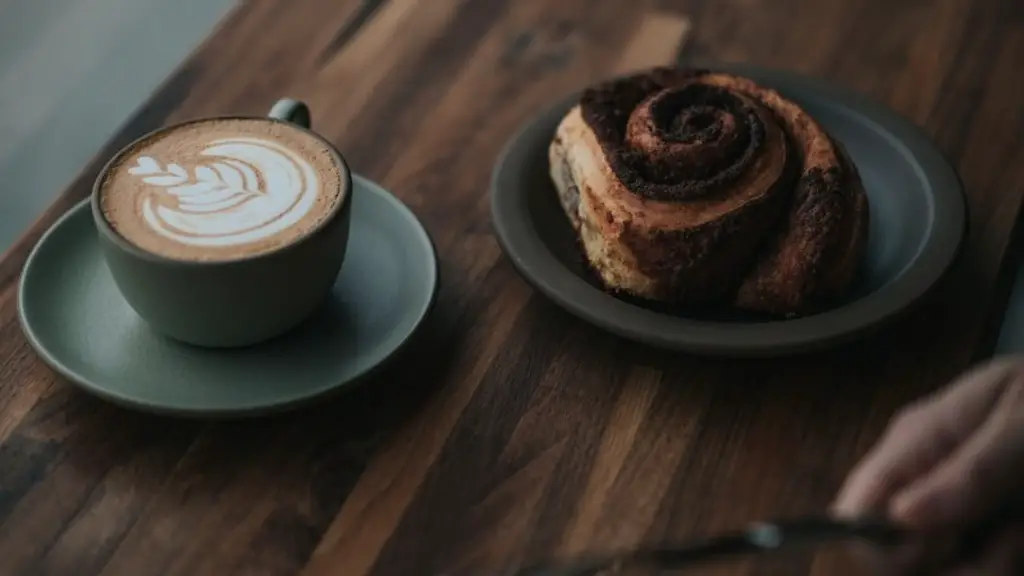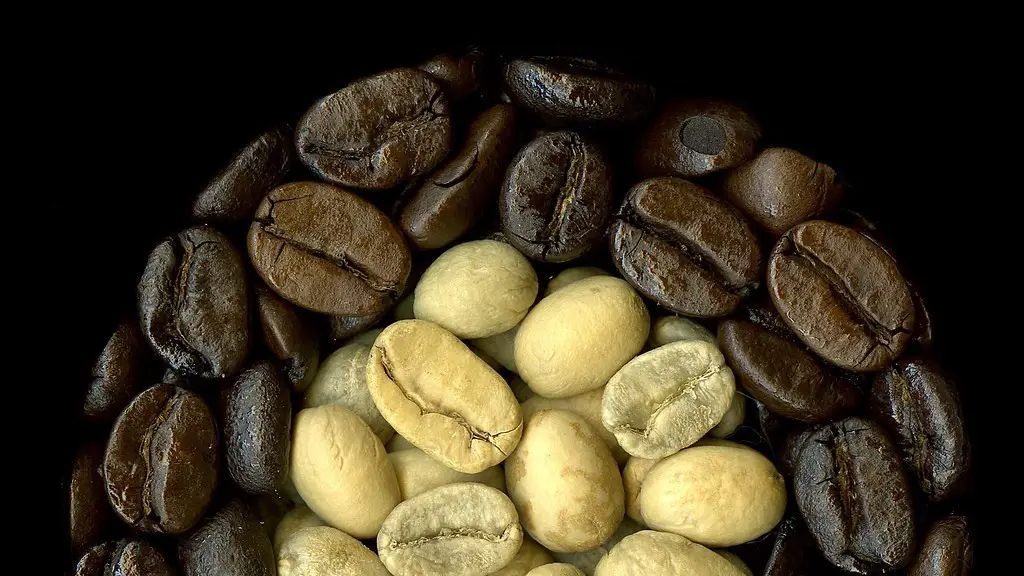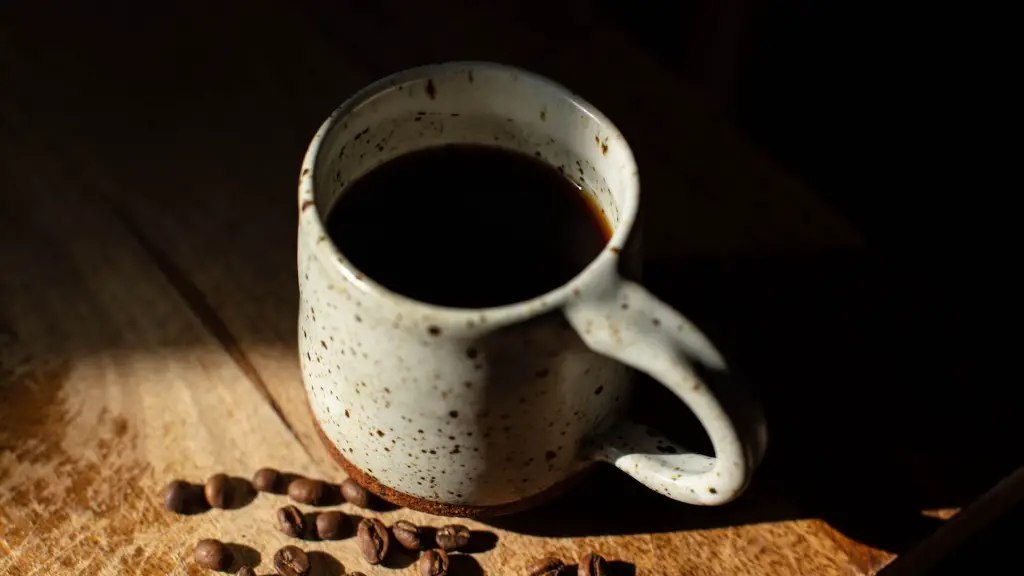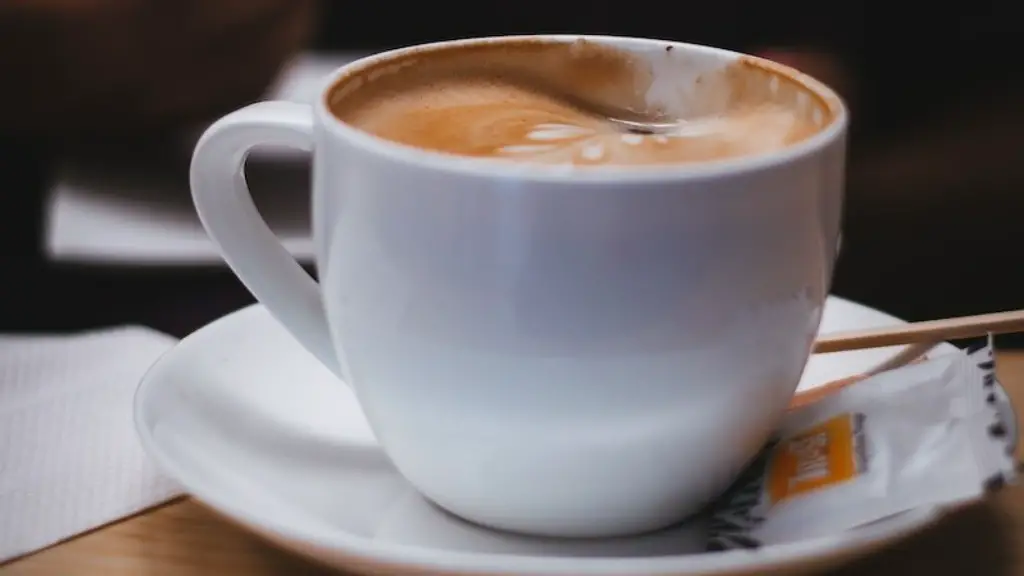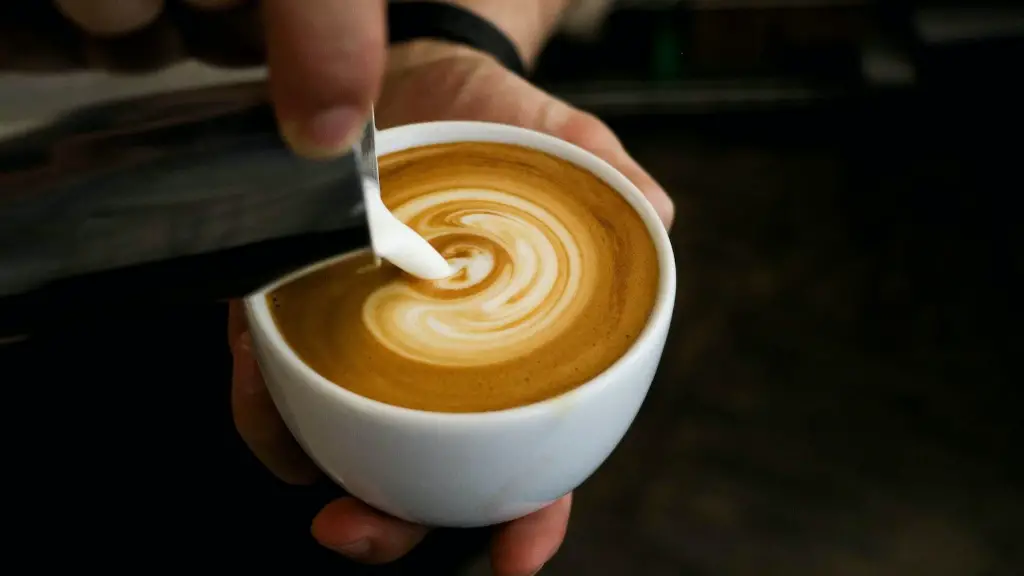Coffee is one of the most commonly consumed beverages in the world. Unfortunately, it can sometimes have the opposite effect of what is desired. Drinking coffee can cause drowsiness, fatigue, or other sleep-related symptoms. This can be a confusing and frustrating experience for many, as it seems counter-intuitive to expect one of the most widely-cited sources for energy to also make you feel even more sleepy.
Caffeine is the main active ingredient in coffee, and it is well known for its stimulant properties. It blocks brain receptors known as adenosine, which is believed to be the reason why it makes people feel more alert and awake. But the effects of caffeine can vary widely between individuals. So why do some people feel sleepy after drinking coffee?
One possible explanation is tolerance. When someone has built up a tolerance to a substance, their body may respond differently to the same dose. This means that regular coffee drinkers may find that the stimulant effects of caffeine are not as strong. Creating “caffeine breaks” and occasionally abstaining from drinking coffee can help to solve this.
Another potential cause is time of day. Many people believe that consuming coffee late in the afternoon or evening can have a greater impact on sleep than drinking it in the morning. This is due to the natural body clock, or circadian rhythm, which dictates when we feel alert and when we feel sleepy. When consuming coffee close to the time when the body expects to naturally sleep, the stimulant effects of caffeine may be weakened.
Additionally, drinking coffee could be masking existing sleep problems. If someone is already feeling tired or has a sleeping disorder, the caffeine may temporarily help them to stay alert. But this is rarely a sustainable or effective solution to addressing underlying sleep issues.
It is important to remember that everyone is different and individual responses to coffee may vary. It is best to experiment in order to find what works for you. Paying attention to the quality and quantity of coffee consumed, as well as the timing, all potentially contribute to how it affects your energy levels.
Adverse Health Effects
Coffee has some potential adverse health effects when consumed in excess, such as headaches, restlessness, elevated heart rate, and increased anxiety. Some of these symptoms can also be linked to drowsiness, which may suggest that coffee could be causing more fatigue than energy.
It is also worth noting that coffee is not without risks. Heavy and long-term coffee consumption is linked with a range of potential health issues, such as high blood pressure, heart disease, and osteoporosis. It is therefore important to drink coffee in moderation and to adjust individual intake according to personal preferences.
Conclusion
In conclusion, feeling sleepy after drinking coffee is a common experience and can be linked to a range of factors, including tolerance, lifestyle choices, and existing health issues. Everyone responds differently, so it is important to monitor individual preferences and to adjust the type and amount of coffee consumed accordingly. Additionally, it is important to remember that coffee is not without its risks and should be consumed in moderation to mitigate any potential adverse health effects.
Nutritional Considerations
In addition to considering the amount and timing of coffee consumption, it is also important to remember the potential nutritional impacts of coffee. Coffee is often consumed with added sugar or cream, which can cause more drowsiness due to their high carbohydrate content. This is because carbohydrates create more of an insulin response, which can result in fatigue.
Coffee is also known to be highly acidic, which can have an impact on digestion and gut health that may be linked to feelings of drowsiness. Additives such as artificial sweeteners, preservatives, and other chemicals may also contribute to feelings of fatigue after coffee consumption.
Switching to high-quality coffee and avoiding added sugar and cream can potentially help to reduce or eliminate any drowsiness associated with consuming coffee. If this does not seem to be sufficient, then it may be wise to explore alternative options for gaining energy.
Herbs and Supplements
Herbal supplements can be a good source of energy, depending on individual needs and preferences. Some commonly used herbs for energy include guarana, yerba mate, and ginseng. They can be taken as teas, powders, capsules, or tinctures. However, it is important to talk to a doctor or nutritionist before beginning any herbal supplement.
Additionally, there are a range of vitamin B supplements available, which have been shown to have a stimulating effect on the body. Among these are vitamin B12, which is found in many foods such as eggs, meat, and dairy, and can also be taken as a supplement. It is important to talk to a health professional before taking any vitamin B supplements, as the dosage may vary.
Other potential sources of energy include exercising, getting enough sleep, and avoiding too many refined carbohydrates. Eating a balanced, healthy diet can also be beneficial for overall energy levels.
Caffeine Alternatives
For those looking for an alternative to coffee or other caffeinated beverages, there are a range of options. Switching to herbal teas is one potential solution. These have the potential to provide a gentle boost of energy without the potential downsides of caffeine. Additionally, chai tea, matcha, and green tea all contain smaller concentrations of caffeine and can be a good option for those looking to still get some of the stimulating benefits of coffee.
Another option is adding healthier additives such as honey, ginger, or cinnamon to drinks. These can not only add natural sweetness and flavor, but also have some potential health benefits such as boosting the immune system or aiding digestion. Additionally, some people may find that adding grass-fed butter or coconut oil to a morning beverage can help to provide a sustained source of energy.
Takeaway
In conclusion, it is possible to feel sleepy after drinking coffee, for a range of reasons. However, it is important to remember that everyone is different and individual responses may vary. It is best to experiment with different types and quantities of coffee, as well as timing, to determine what works best for you. Additionally, there are potential alternatives to coffee, such as herbal supplements, vitamin B, or low-caffeine options, which could help with feeling more energized.
